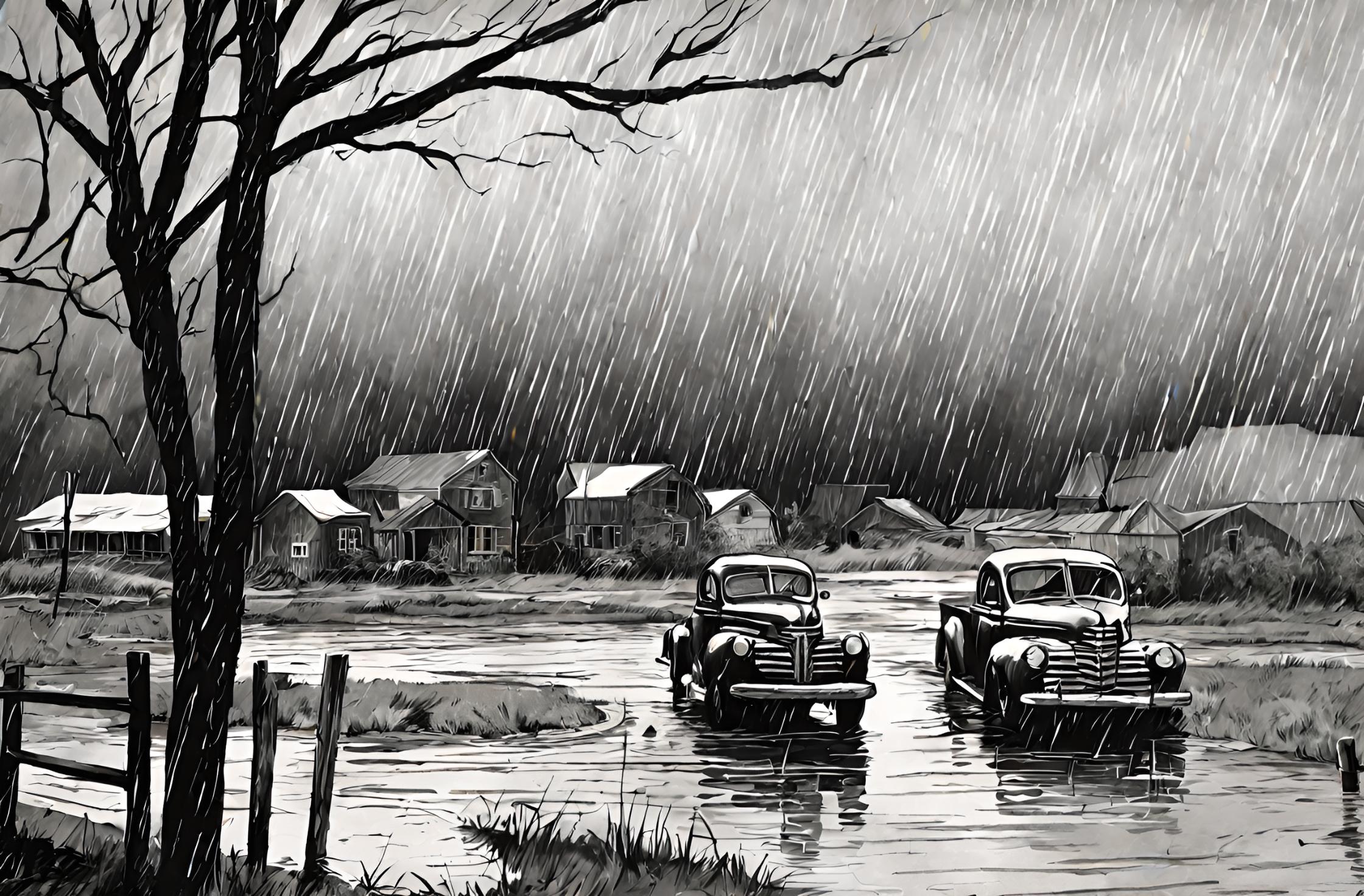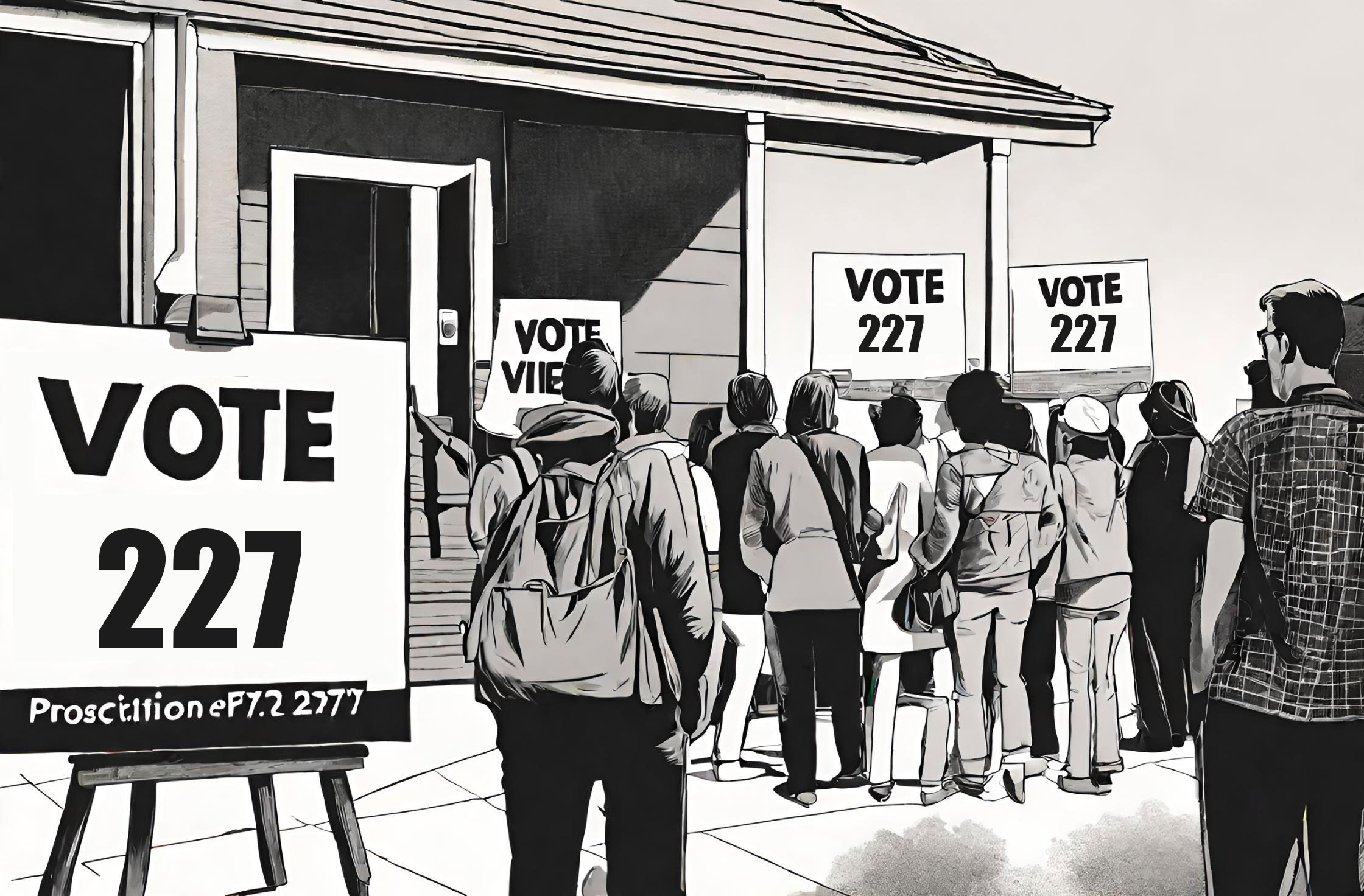Flashback to June 2
American History

On June 1, 1941, the small town of Burlington, Kansas, experienced a record-breaking rainfall that left its mark in the history books. Over the course of 24 hours, a staggering 31.98 cm (12.59 inches) of rain poured down on this quaint town, setting a state record that still stands today. Let’s take a closer look at this extraordinary event, its implications, and the lessons it teaches us about extreme weather conditions.
Kansas is no stranger to severe weather events, often experiencing intense storms, tornadoes, and heavy rainfall. Still, the deluge that Burlington faced on that fateful day in 1941 was unparalleled. The average annual rainfall in the area is around 97 cm (38 inches), so the rainfall on June 1st accounted for nearly one-third of the total annual precipitation. It’s easy to see why this event holds such significance for the community and meteorologists alike.
Such tremendous rainfall had severe consequences for the town and its residents. Flash floods quickly overwhelmed the infrastructure and caused extensive damage to homes and businesses. Roads became impassable, leading to disruptions in transportation and significant challenges for emergency services. The impact of the event was not limited to the physical damage inflicted; it also took an emotional toll on the residents who saw their lives upended overnight.
The record-breaking rainfall in Burlington serves as a reminder of the potential for extreme weather events. While climate change discussions often address the increasing frequency and intensity of such events, this specific historical occurrence is an example of the kind of severe weather that has always been part of our climate’s variability.
Acknowledging the significance of this event, it is crucial to consider the lessons we can learn from it. First and foremost, infrastructure must be built to withstand extreme weather conditions. Efforts should be made to improve drainage systems and flood defenses to mitigate the impact of heavy rainfall. Additionally, communities should prioritize preparedness and have comprehensive emergency plans in place to ensure the safety of their residents in the face of such events.
We strive for accuracy. If you see something that doesn't look right, click here to contact us!
Sponsored Content

California voters approve Proposition…
On June 2, 1998,…

Toilet catches fire on…
On 6/2/1983, a tragic…

First US alcohol prohibition…
On June 2, 1851,…

5th national black convention…
The 5th national black…

First ascent of “Great…
On 6/2/1797, the first…

Intolerable Acts: The Quartering…
On 6/2/1774, the notorious…

